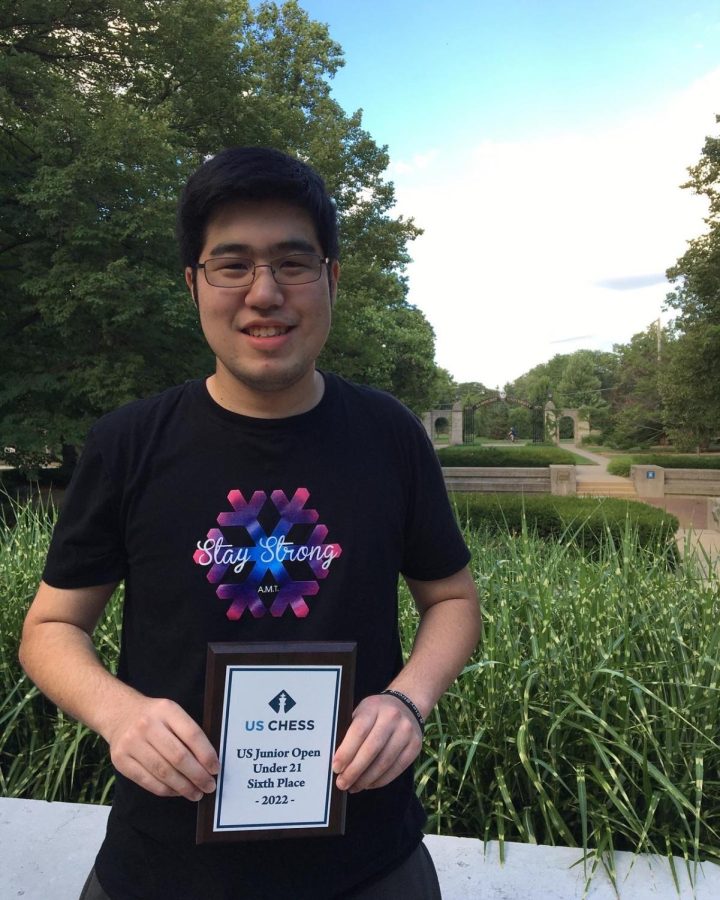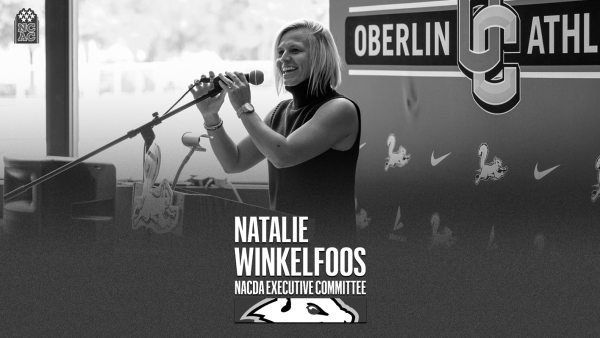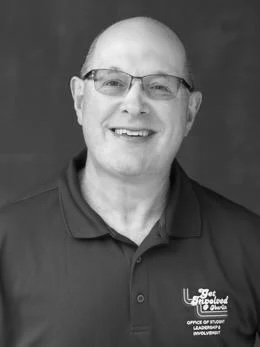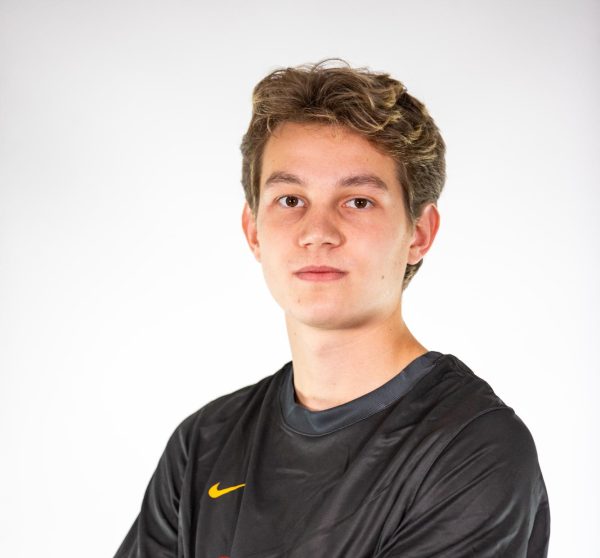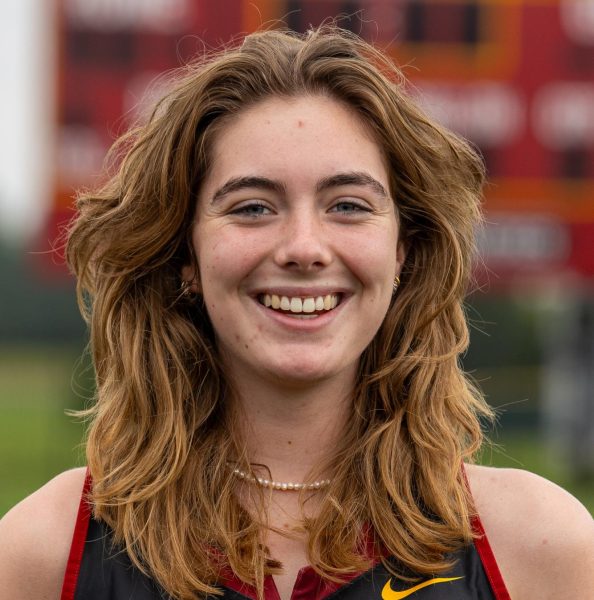In the Locker Room with Michael Takahashi, Chess National Master
Michael Takahashi holds a plaque from a chess tournament
This August, Conservatory third-year Michael Takahashi became the fourth Iowan under 21 and second Oberlin student to pass the 2200 rating threshold and become a Chess National Master after his second-round win at the 2022 Minnesota International Chess Festival. This is a title that less than 1 percent of all competitive chess players achieve in their career. Hailing from Iowa City, Iowa, he is currently studying Percussion Performance.
This interview has been edited for length and clarity.
How did your chess journey begin?
I started playing chess in January 2010, when I was seven. My parents always tried to give me opportunities to do different things, so I was in the exploration phase of my life. I came to chess and it really just stuck with me. I remember being very excited when my dad announced to me that he was getting me a United States Chess Federation membership, and that’s really where it all began. Eight-year-old Michael said that was the best day of his life.
How did those in your inner circle contribute to your success?
I’ve had two incredible parents who are the reason I am here. My mom worked long hours at the VA, 8–12 hour shifts, and would come home and work with me on a chess book. She would take her own vacation days to take me to national events. My mom is an incredible mother, and it almost gives me chills thinking about the sacrifices she made for me to help me achieve my dream. My mentors have been the two best teachers because they’ve helped me not only with chess but also with finding my identity in life. Now, being a teacher myself, I’m asking, “Can I give back those same opportunities I received as a kid and help somebody else achieve their dream?” For me, that’s the most fulfilling thing.
What does it feel like to be the fourth Iowan under 21 and only the second Oberlin student to become a National Master?
What really stood out to me in being the second Oberlin student and fourth Iowan is that I had a very different path than other people. Walker Griggs, OC ’17, came into Oberlin already a National Master, and a lot of my friends clinched National Master when they were 14–18, whereas I clinched it when I was 20. For me, it goes full circle because I’ve had to endure a lot of adversity with my ADHD, which made it challenging for me to focus. The first thing I thought of was what made my journey unique. I didn’t clinch National Master when I was 12, and maybe that was the right path for me. I just feel blessed and grateful.
Do you have any future goals for yourself in competitive chess?
National Master has always been a goal for me. Aside from the name recognition, it’s a big deal because when you become much better at chess, you can lose perspective on just how much you have grown. I look back now and think, “Wow, this was actually a tough ride.” The fact that less than 1 percent of U.S. players earn this title means a lot to me because it shows the sacrifices myself and others have made for me to have pursued and earned this title.
In terms of goals, my current goal is to keep improving. Of course I’m trying to do the best I can and become Grand Master, but instead of any particular title, the goal for me is to be the best player I can be. Something I always like to say is, “Focus on your improvement, and the rating will follow.” If I can do the right things in my training and continue what got me to National Master, I can keep improving and win more titles. Aside from any title, my goal in chess is to have people remember me not as a National Master but as someone who worked hard, played the game the right way, gave back to his community, served the people, and helped others achieve their dreams. What speaks to me more than titles is what I’ve contributed and what I’ve done.
How have your autism and ADHD impacted your chess journey?
I have trouble focusing for longer periods of time, which hurts me in the sense that I can lose the thread really easily when I’m doing tactics or calculations. Executive functioning and staying focused are a little more challenging for me. I think it does contribute to my success because I have to come up with other solutions to problems I face with my autism and ADHD. I feel it’s made me more creative, resourceful, and resilient. I’ve had to deal with a lot, but when I have a tough tournament, I remind myself that I’ve gone through many tough things, and I can get through this too. I always try to make my ADHD and autism my superpower as much as I can, but I also use them as inspiration.


